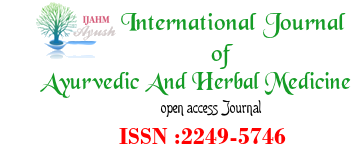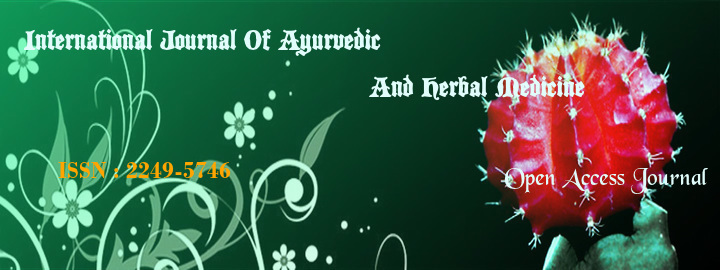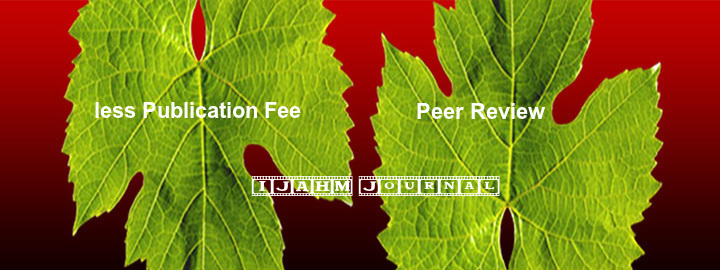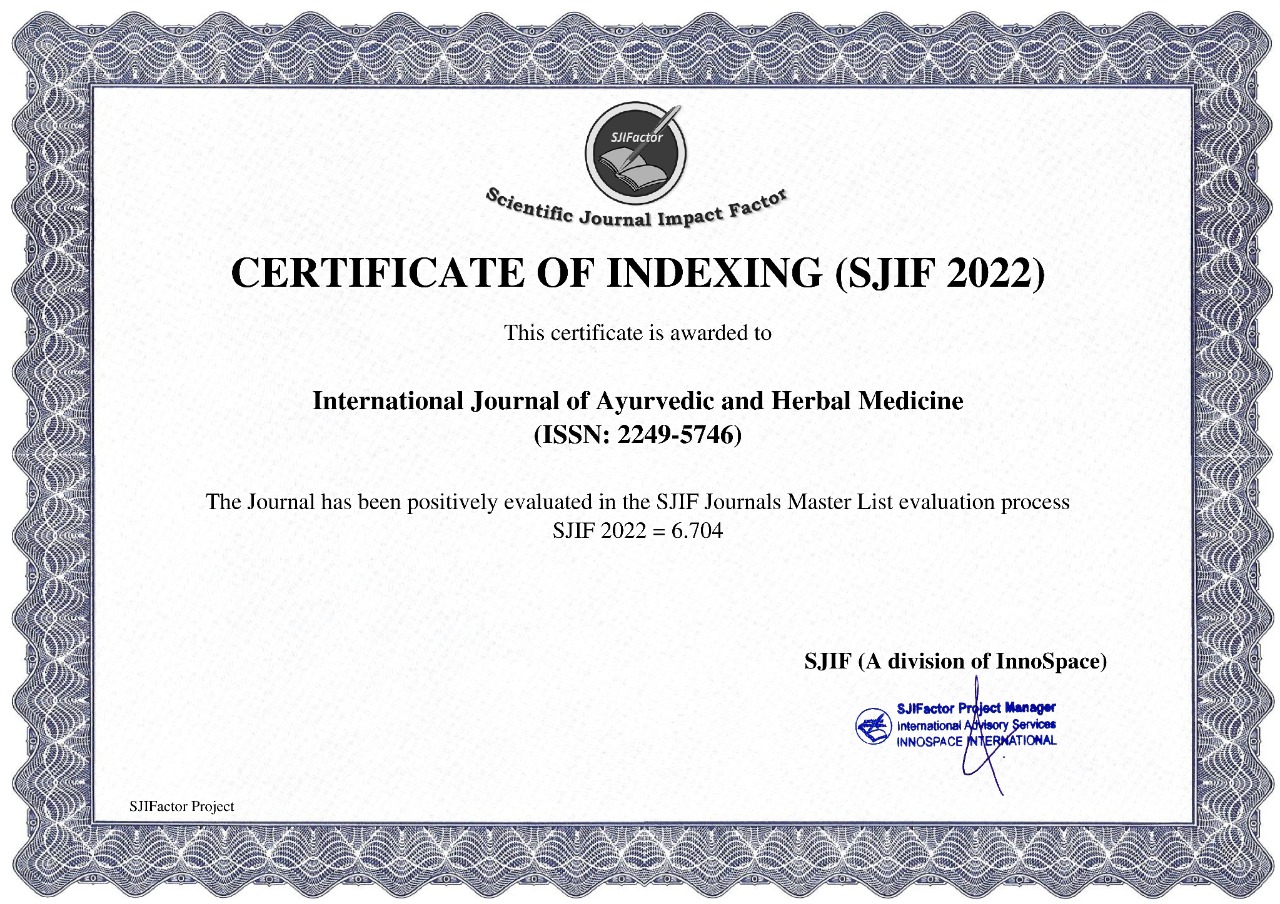


Shaveta Bhardwaj1, Shashidhar Mehta2, Suhasini Bhatnagar2, Puneet Sudan3, Rajesh Pandey4
1. Assistant Professor, PCTE Group of Institutes, Badowal, Ludhiana.
2. Department of Biochemistry, Mewar University, Rajasthan.
3. Chandigarh College of Pharmacy, Landran, Punjab.
All Excel Inc., 135 Wood Street Suite 201 West Haven, CT 06516.
Abstract
Among the various medical complications, neuropathic pain has emerged as the one with the most dreadful and griming which grounds serious threatening conditions by causing severe damage to the blood vessels. This damage is owed to the various alterations caused in the blood capillaries, which supply blood to the various body parts and results in the morbidity and eventually mortality. It being one of the most prevalent disorders and incurs a compelling need for its prevention and cure or treatment (Carisoprodol). This review is aimed at giving an account of the various herbal plants which have till now shown successful results in their employment as a possible treatment of neuropathic pain. Some more studies need to be done for their validation so that they can not only actively substitute or be used in conjunction with the present options of treatment in order to give best results which can prevent or cure this disorder effectively but also restore the damage done to the neuropathic patient.
Key-words: The Peers, Pornography Access, Adolescents Sexual Behavior.
1. References
1. Cogan, D.G., D. Toussaint and T. Kuwabara, 1961. Retinal vascular patterns: IV. Diabetic retinopathy. Arch.Ophthalmol.,66:366-378
2. Dateo, G.P. and L. Long, 1973. Gymnemic acid, the antisaccharine principle of Gymnema sylvestre. Studies on the isolation and heterogeneity of gymnemic acid A1. J.Agric.FoodChem.,21:899-903
3. Del Tredici, P., 2000. Ginkgo Biloba. Gordon and Breach Publishing Group, Inc., New York,pp:274.
4. Deng, H., M. Jin, W. Yuan, Z. Xiang and J. Wang, 2005. Clinical observation treating early diabetic retinopathy with compound danshen dripping pills. J. Traditional Chin. Ophthalmol.,15:72-74.
5. Feldman, J.M. and H.E. Lebovitz, 1970. Mechanism of epinephrine and serotonin inhibition of insulin release in the golden hamsterin vitro. Diabetes, 19: 480-486
6. Packer, L., G. Rimbach and F. Virgili, 1999. Antioxidant activity and biologic properties of a procyanidin-rich extract from pine (Pinus maritima) bark, pycnogenol. Free Radical Biol. Med., 27: 704-724
7. Persaud, S.J., H. Al-Majed, A. Raman and P.M. Jones, 1999. Gymnema sylvestre stimulates insulin release in vitro by increased membrane permeability. J. Ethnopharmacol., 163: 207-212
8. Wang, X., S.L. Morris-Natschke and K.H. Lee, 2007. New developments in the chemistry and biology of the bioactive constituents of Tanshen. Med. Res. Rev., 27: 133-148
9. Zhao, T., D.J. Li, C. Liu, D.F. Su and F.M. Shen, 2011. Beneficial effects of anisodamine in shock involved cholinergic anti-inflammatory pathway. Frontiers Pharmacol., Vol. 2. 10.3389/fphar.2011.00023
10. Zhou, L., Z. Zuo and M.S. Chow, 2005. Danshen: An overview of its chemistry, pharmacology, pharmacokinetics and clinical use.J. Clin. Pharmacol., 45: 1345-1359
11. P. Arulselvan, G.P. Senthilkumar, S.D. Kumar, S. Subramanian, Pharmazie, 2006; 61(10): 874-877.
12. D. Iyer, P.U. Devi, Pharmacognosy Reviews, 2008; 2: 180-184.
13. G.J. Bennett, Y.K. Xie, Pain, 1988; 33: 87-107.
14. N.B. Eddy, C.F. Touchberry, J.E. Lieberman, J Pharmacol Exp Ther, 1950; 98(2): 121-137.
15. S.S.V. Padi, S.K. Kulkarni, Pharmacol Biochem Behav, 2004; 79(2): 349-358.
16. N. Attal, G. Cruccu, R. Baron, Eur J Neurol, 2010; 10: 1468-1331.
17. W.G. Niehaus, D. Samuelsson, Eur J Biochem, 1968; 6(1): 126-130.
18. O.H. Lowry, N.J. Rosebrough, A.L. Farr, R.J. Randall, J Biol Chem, 1951; 193(1): 265-275.
19. G.L. Ellman, Arch Biochem Biophys, 1959; 82(1): 70-74.
index























